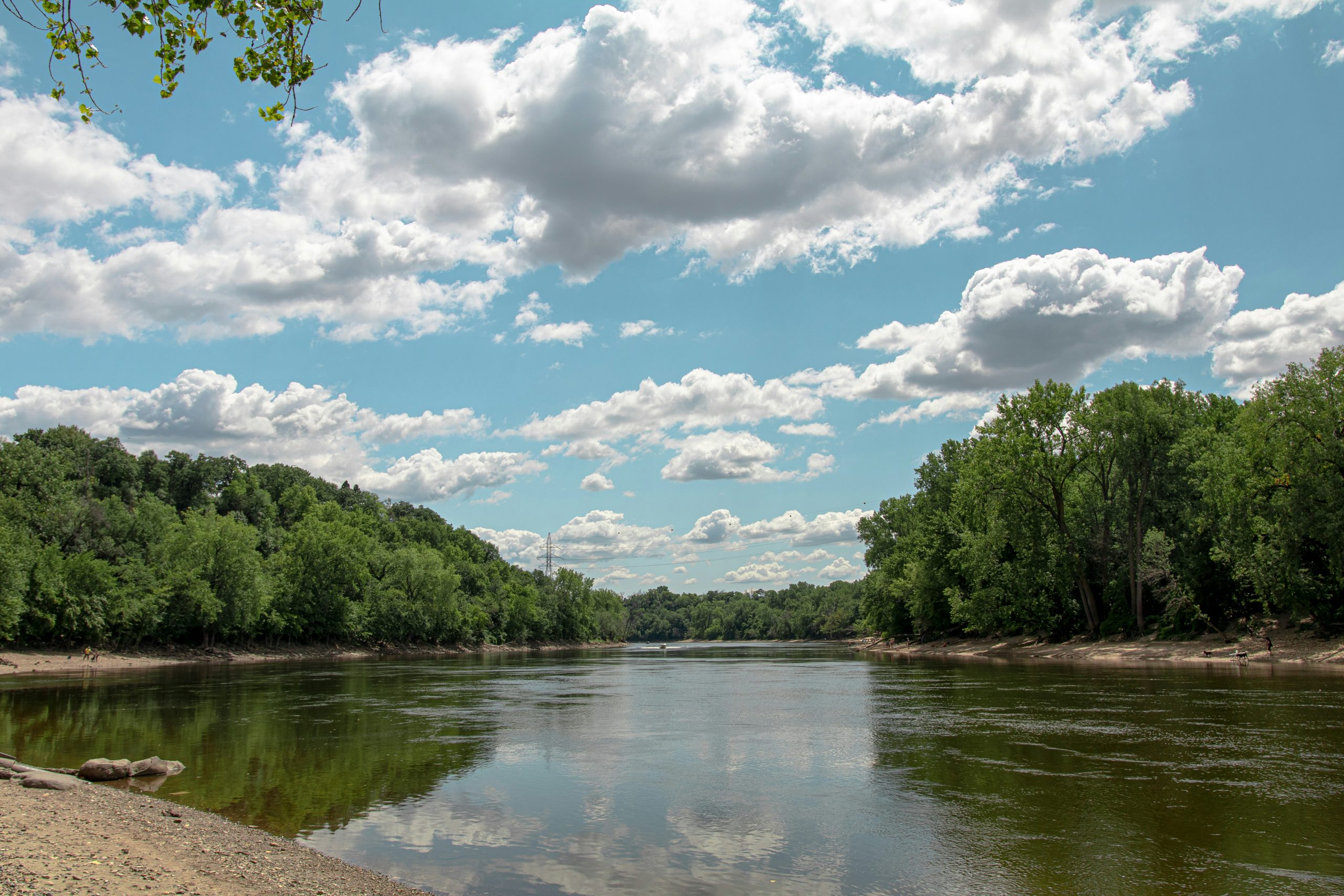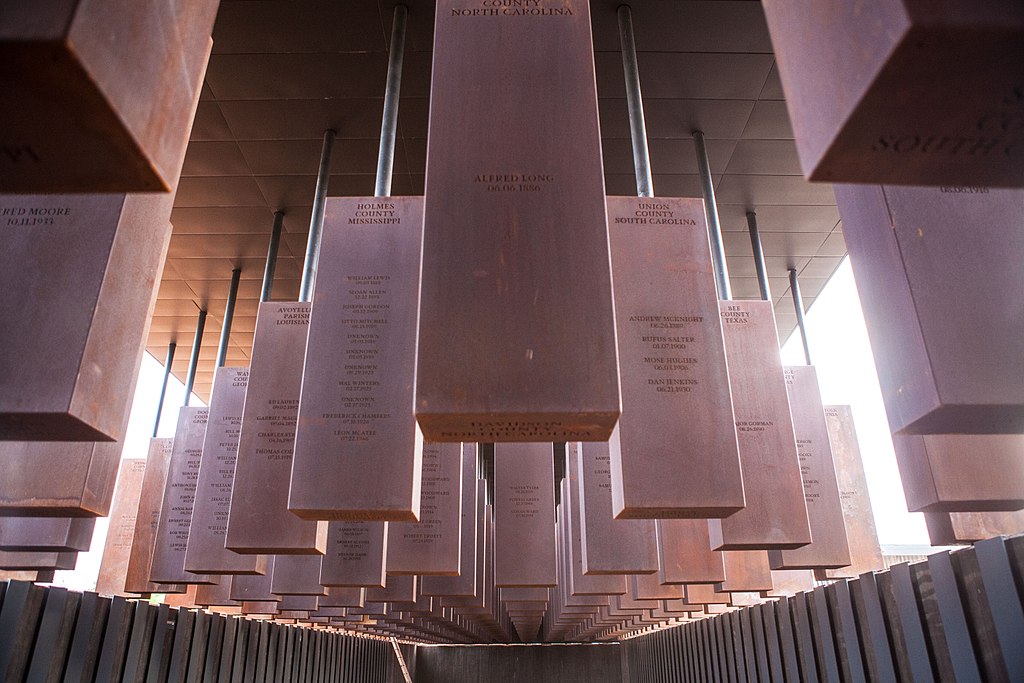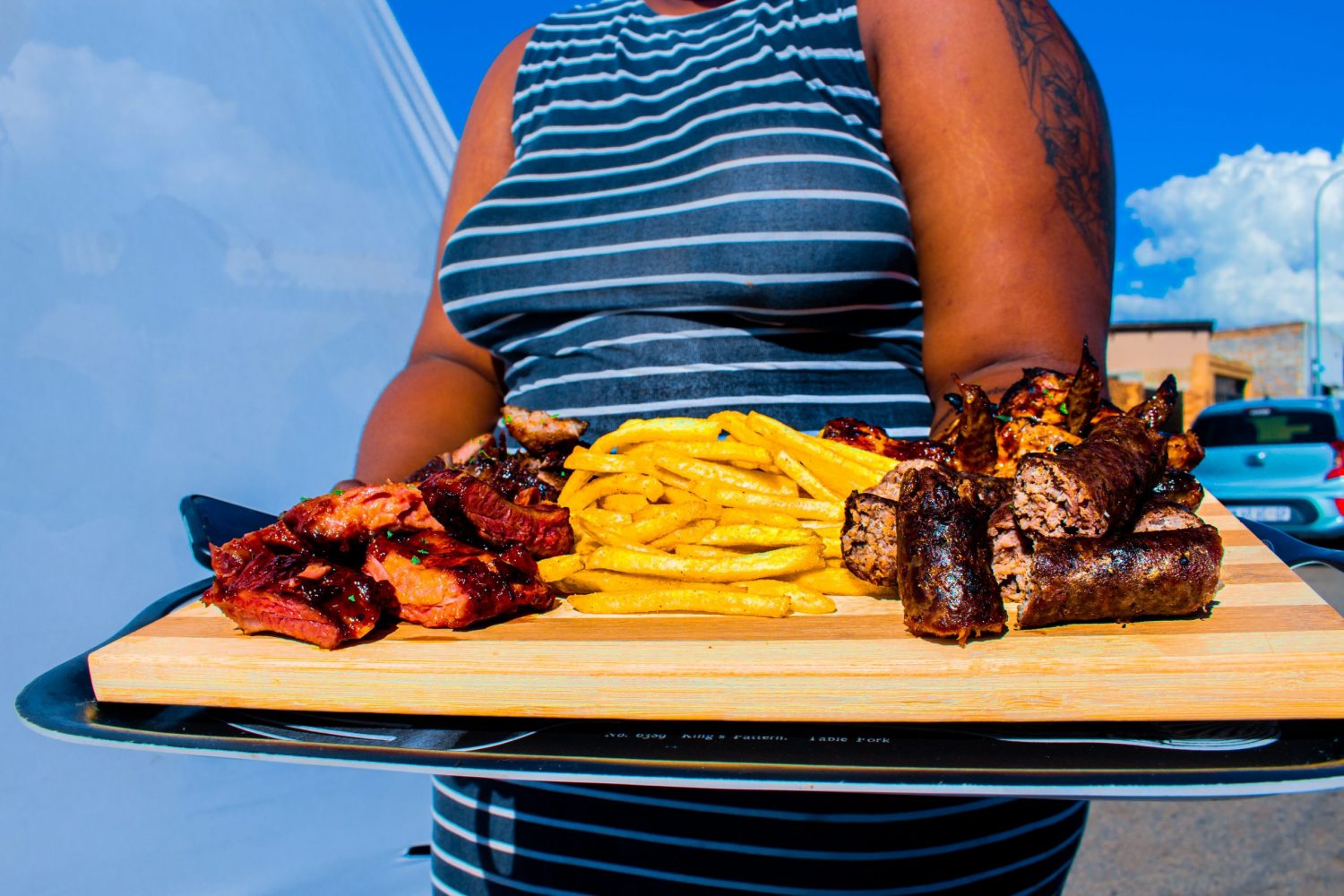interviews
‘Black Liberation Means the Freedom to Figure Things Out For Ourselves’
Wayétu Moore, author of “She Would Be King,” talks about womanhood, intraracial dynamics, and mixing history with magic

The title of Wayétu Moore’s debut She Would Be King (Graywolf Press) alone incites some expectations. Expectations Moore delivers in this fantastical, historical tale weaving in the realities, both then and now, and the power dynamics of how societies are salvaged and how they fall. What struck me about She Would Be King, from the cover to the premise and ultimately the execution, is that it’s a novel that provokes a necessary conversation while at the same time being relatable to me as a Black woman invested in our history as well as our failings.
Moore and I had a lively conversation on so many of the parallels lushly illustrated and carefully balanced in her debut novel—from the moment we are introduced to Gbessa’s ability after a perilous snakebite to the battles in Monrovia. Even within a historical context of this world, be it in Liberia or Virginia in the 1800s, everything affecting us today is as a result of and indicative of what has transpired as nations were colonized, communities were brutalized, and women, repeatedly, upheld roles as life givers and caregivers. The inclusion of these ties may not have been intentional in She Would Be King, yet there’s no way it could be overlooked.

Jennifer Baker: Because yours is a historical novel there are certain rules to it. So, how do you create characters in this world while balancing a fantastical premise and at the same balancing the rules?
Wayétu Moore: Liberian history is so closely linked to American history and it’s something I knew I wanted to explore. I think being a Black woman in America and having emigrated as a young girl there are some things that have happened to me over the course of my life and things that are said to me even now — things that are done that do sometimes feel surreal — and I feel like some other marginalized groups could possibly relate to that. But I know that for me my experience here, navigating the world in my body, there is a recognition that “Hey, this isn’t how things are supposed to be.” It almost feels as though I live in another reality. At times Black womanhood feels fantastic. [It] feels like you’re living this other world that isn’t based in reality because you are having to juggle so much. You are having to negotiate so much just to survive.
And so, I think that then when I choose to navigate and negotiate that reality on the page then sure it’s going to have fantastic elements. In addition to that I would say being from a West African background, specifically Vai, it was very rare that I heard a story that didn’t include someone flying or shapeshifting or disappearing. That was just a part of what I understood as the architecture of the story. So when I decided that I wanted to become a writer, magical realism or fantasy was something I naturally was drawn to because that was my introduction to storytelling.
Being from a West African background, it was very rare that I heard a story that didn’t include someone flying or shapeshifting or disappearing. That was just a part of what I understood as the architecture of the story.
JB: You bring a character like Gbessa onto the scene and she is one of several, but she really is that tether from beginning to end. And the book is called She Would Be King, so I was thinking “Gbessa’s gonna be running stuff by the end of this.” But that’s not necessarily what takes place.
WM: The title serves as commentary of that strange relationship to a woman’s power and how it functions in male dominated/male-centric context. She wrestles with her power throughout the book. And that’s not so different from a woman now. Even in the most progressive societies women who are considered all-powerful are still wrestling with their power in a patriarchal, male-dominated context. So yes, it would be wonderful where a woman is omnipotent and she is the one who is sort of dominating throughout the book, but the reality of the world we live and certainly the reality of the world that Gbessa lived in was she would have to navigate in the context she was born in and the circumstances that she was born in. So she wrestles with this throughout the book and she always has what it takes to save herself. But she’s in constant negotiation with her power because of the presence and the absence of the men around her.
JB: Mothers are so key in this book. That’s something I think about a lot of in my own work: the influence of Black women, of mothers. Women’s roles and strength and agency and the power dynamics are given prominence in She Would Be King. Let’s discuss how that’s utilized even through the relationships with men and a world dictated by men. Those bonds are so important.
WM: I wanted to be true to the theme of Black womanhood. So I knew I wanted each of the gifts to be intentionally in conversation with motherhood. I wanted the characters, specifically the male characters, to always be in conversation with Black womanhood as a source for their gift. With June Dey, for instance, his birth mother ends up playing the role as the Mother for the entire story. She’s really all of their mothers. Charlotte, her ubiquity pays homage to Black female identity: she’s both everywhere and nowhere at all. I wanted the story to be told through the voice of an ancestor and I knew that I wanted that ancestor to be a woman that I could relate to, and someone who Gbessa could relate to. And someone who could show that there is empathy in the coupled asymmetry and splendor that is being a Black woman in today’s world. I feel like the “She” [in the title] is not exclusively Gbessa it is more the women who forged the women who are telling the story that is very much a story about Black womanhood. So that’s why even for the male characters I wanted their source to be Black women, a mother, and I wanted those mothers to somehow live on throughout the story.
I wanted the characters, specifically the male characters, to always be in conversation with Black womanhood as a source for their gift.
JB: Which is also at the helm of the patriarchy.
WM: Yes, so the “She” is technically Gbessa, but one of the reasons I said, “Oh, you’re my reader” in talking about mothers and Black womanhood is that it’s exactly right. This is what this book is about.
JB: Yes, because I was thinking, “Wow, [the women] are doing all the work here.” This was the ongoing sacrifice that these characters make. And when they are absent it is felt quite heavily, but most especially by Norman and June Dey. This is not to say female relationships aren’t important to Gbessa as well because they are so key in her being acclimated in the new society.
WM: That’s exactly right.
JB: Do you think that this was naturally inherent in the work?

WM: Honestly I can’t say that those parallels were intentional. I knew I wanted to write about Liberian history and I think what it became as I wrote is a story that explored the breakthrough of Black womanhood. It was a story that was very much about the role women play in the salvation of their people. Norman Aragon and June Dey were vehicles for that. But I can’t say that I sat down had an internal dialogue “Oh I definitely want this person’s power to be this and that person’s power to be that.”
JB: I’ve been talking to a lot of people about masks. What we present versus who we are. Or what we present versus what we think we’re supposed to be doing. And each of them — Gbessa, Norman, June Dey — are trying to weave their way within their society. Norman’s trying to be accepted but he is very light-skinned, so he represents the oppressor. June Dey doesn’t even know the truth of his upbringing, he comes from an othered parenting. And then Gbessa, from the get-go she’s dubbed a “witch.” Each of them does not only have abilities, it’s the circumstances of their having to negotiate being in a society where they don’t really belong even when they technically do.
WM: I think that was more of a decision that speaks to my understanding the psychology of who I would consider “good superheroes.” It has to be married to some idea of isolation or early trauma in order for them to be incentivized to use their powers to help. Because I feel like if they didn’t have early traumas or issues with isolation then they very well could have used their powers for other means. And that’s more or less a choice I made based on my understanding of how human beings work and how the human spirit works sometimes. You generally find people who went through more when they were younger end up looking at the world from a more gracious, more compassionate lens. Some of the traumas that you read for each of the characters were intentional in building their characters for what they became later on in the book, and building their desires for their country. To want to build a country and protect people because they themselves had not really experienced this. So wanting to belong was something all of them shared.
JB: And maybe they would’ve lacked some empathy as well.
WM: Yeah.
Austin Channing Brown Wants to Save Black Women Some Emotional Labor
JB: Maybe. I don’t know. It makes me think, again, there are so many layers to this book, which is why I enjoyed reading it and I sped through it, which I think writers hate hearing.
WM: I read that as perhaps you enjoyed what you were reading and I do like the fact that the book is accessible in that way. There are obviously many characters and many storylines, but the goal was not to write something that was hard to read. I might’ve felt some kind of way if [people said] “Oh my gosh, this is kind of hard.” I say that to say I don’t take that personally at all.
JB: So, when submitting a book like this where people not of this background will read it, how has reception been? You know how some don’t want to talk about what goes on “in the house” with other people. They may feel like “I don’t want anyone to know that there’s intraracial strife, we don’t want people to know that there are intraracial dynamics like this.” And I think, well we need to talk about it.
WM: There’s this trope of marketing anything that’s Liberian that is focused on the question of how former slaves and free blacks from America could then become to the ones who were in Africa treating the blacks there poorly. I had some back and forth after initially writing the book, and I was like “No, this is not what the story is about.” It’s sort of like that’s where people want to go and, unfortunately, I think it alleviates some guilt. “Well okay they went back to the continent and they did the same thing then we’re not that bad.” But when they went back they obviously weren’t doing the same thing. In one of the historical texts that I read, for instance, say one person is Americo-Liberian and another is Indigenous. The Americo-Liberian was paid 50 cents a day and the indigenous was being paid 25. There was a system of social stratification that was established, but I think the dynamic between local groups and Americo-Liberian settlers is greatly exaggerated. To even to compare the two is an indignity and it’s really gross. I was very adamant about staying away from that storyline as a selling point. And in this case it wasn’t about keeping things “in the house.” It’s about making sure that a place with so little representation in literature isn’t misrepresented.
I think that when people of color, distinctly Black people, come together and there is an identifiable enemy that’s encroaching upon their freedom they will unify.
I think that when people of color, distinctly Black people, come together and there is an identifiable enemy that’s encroaching upon their freedom they will unify. And that was I think the larger story that I am trying to tell. Yes, we’re still trying to make sense of the dynamics of this new republic, but right now we know that our freedom to make sense of it is being encroached upon. We want to have the freedom to figure out our history for ourselves. That’s what Black liberation is: not Black perfection, but we want the freedom to figure stuff out for ourselves. And when that was threatened we see that the characters in the story from these different cultures do eventually come together. It is a pan-Africanist manifesto. I haven’t told the whole story. I think I’m just beginning to unpack the nuances of intraracial dynamics. And I’m excited about where this is going to go.








